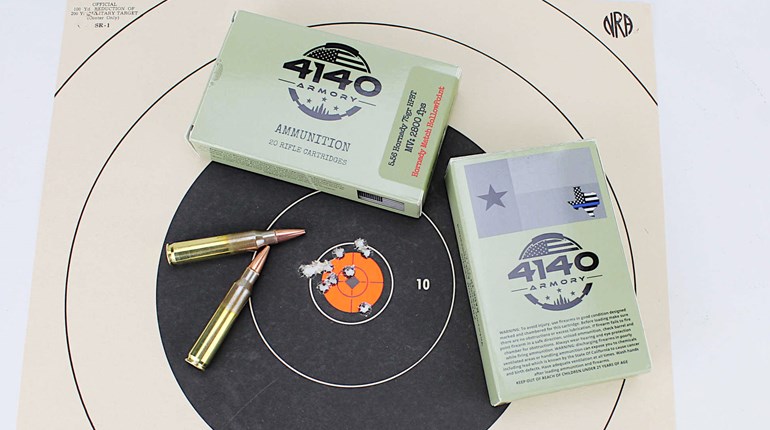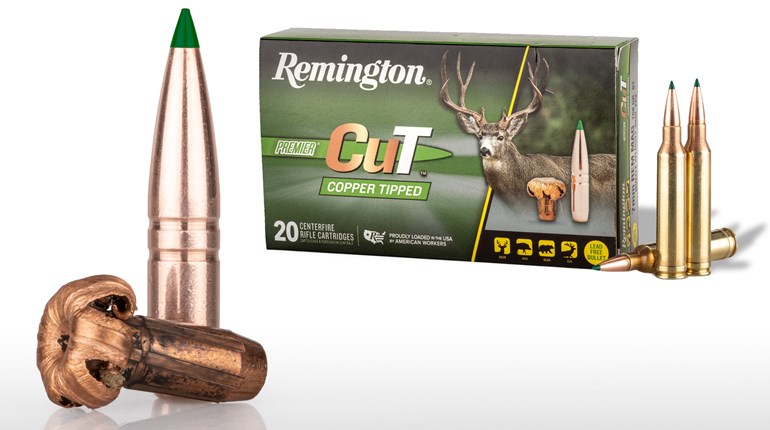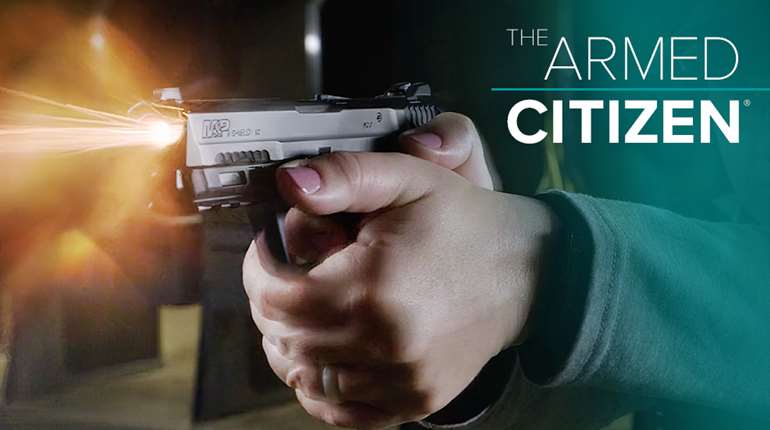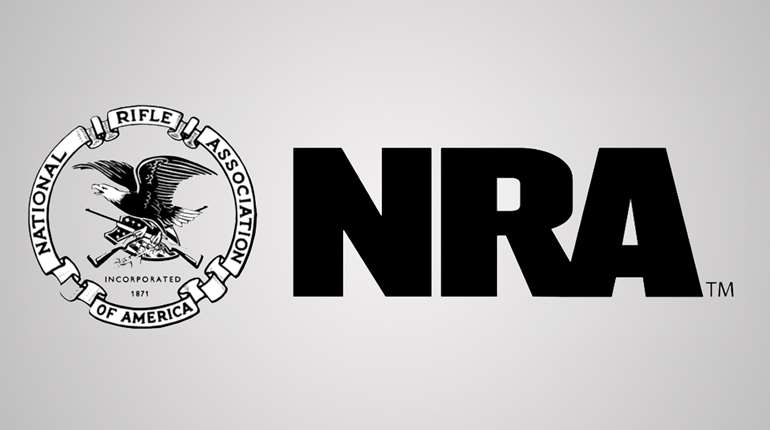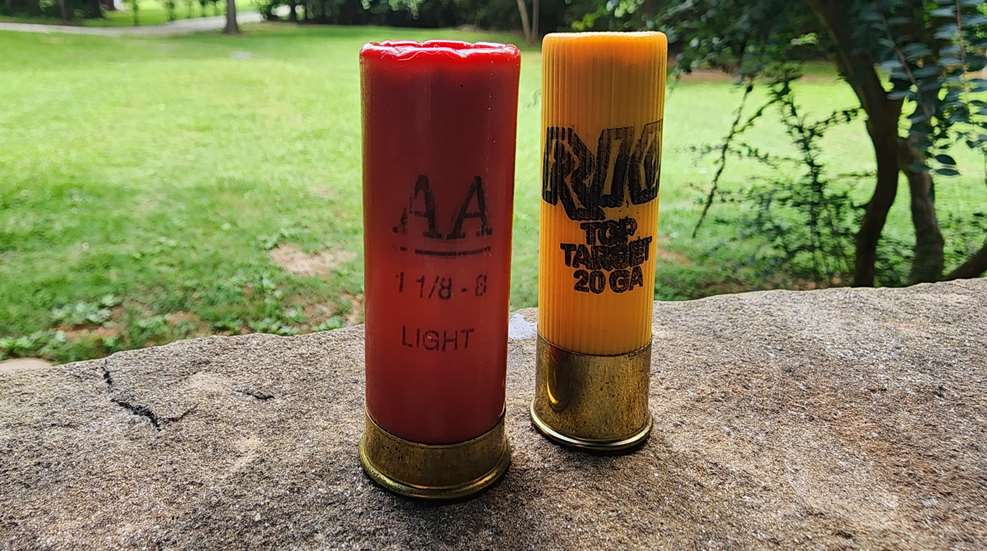
You already know how important it is to only load a firearm with the type and size of ammo it is designed to shoot. Mix-ups in ammo lead to malfunctions at best and catastrophic gun failures and disastrous safety problems at worst. So the answer to the question of “how bad is it to mix up 12-gauge and 20-gauge shotgun shells?” is a simple one: It’s very, very bad. But let me explain why.
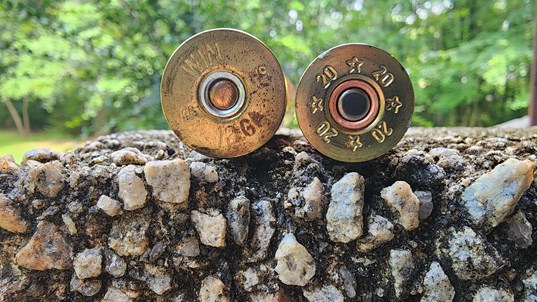
Loading a shotgun with a shell of a different gauge is not good, but in most cases, nothing happens. Either the shell is too large to even be loaded, as would happen if you tried to load a 20-gauge shell into a .410-chambered shotgun, or the shell will be so much smaller than the gun is designed to handle that it’ll just slide right out of the barrel instead of being held in the chamber. But the 12 and 20 is an exception.
You can’t load a 12-gauge shell into a 20-gauge gun—it physically won’t fit—so no problem there. But you canaccidentally load a 20-gauge shell into a 12-gauge gun. It’s too small for the gun, but the dimensions of the 12- and 20-gauge are close enough that a 20-gauge shell won’t just slide all the way out of the barrel like a .410 would. However, it is small enough to slide past the chamber and get itself stuck in the barrel, where you won’t be able to easily see it. Any kind of barrel obstruction is a safety problem, and this is no exception. To make matters worse, a 20-gauge shell fits down the barrel far enough that you’ll be able to easily load a 12-gauge shell into the gun behind it without realizing what a dangerous situation you’ve just created.
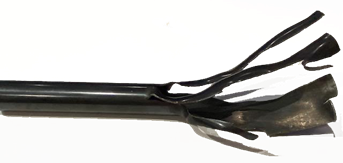
Firing the shotgun with the 20-gauge shell stuck inside the barrel will be disastrous—you might assume that the 12-gauge shell will just push the 20-gauge on out of the barrel, but such is generally not the case. What will actually happen is the gun literally blows up from the pressure. If you’re lucky, the barrel will split open like a peeled banana and no other parts of the gun will be affected. If you’re not as lucky, the receiver and/or stock can bust as part of the explosion, and since those are right next to your face … well, you can imagine the consequences.
You should always be diligent about keeping ammo separate, but it’s especially important to keep 12- and 20-gauge ammo apart from each other. It’s easy, on the clays course or in the upland fields, when each shooter is using a different gauge, to accidentally grab someone else’s box or pick the wrong shell up off the ground and drop it in your pocket to be used later.
This obstruction situation is common enough and serious enough that years ago, manufacturers unilaterally agreed to make all 20-gauge shells yellow, and to not use yellow for any other gauge. You might occasionally find a 20-gauge shell that’s not yellow, but it’s quite rare these days. If you are shooting a 12-gauge in the field, do not handle yellow shells! The yellow acts as a clear warning that you’ve got a 20-gauge shell in your hands.
How bad is it to mix up 12- and 20-gauge shells? Bad. This mix-up can have catastrophic consequences, so take extra measures to keep shotgun shells separated by gauge, and as a general reminder, never fire any gun that you believe might have an obstructed barrel.














